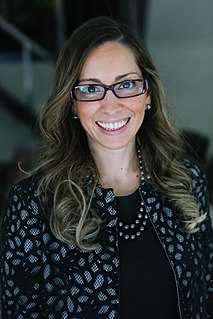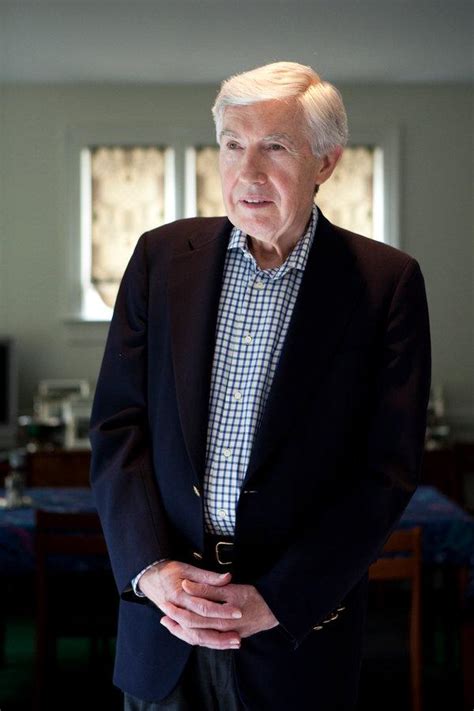A Quote by Maeve Binchy
That's the kind of motif I bring to the books - that people take charge of their own lives.
Related Quotes
The TaskRabbit community provides thousands of individuals access to the kind of economy that puts them in charge of their own lives and income. TaskRabbit offers a new model of work, one that makes it possible for people to set their own schedules, establish their own rates, and use their talents and skills to earn a living on their own terms.
One of the things I try to do is try to make repetitions, rhymes, and mirrorings across the subject matter of my own books so that the chapter titles and the epigraphs and pictures all kind of form a tapestry. In this book, I retell fifteen of the stories. You have the critical frame, and then you have these rosettes like the motif in a carpet.
Out of perfection nothing can be made. Every process involves breaking something up. The earth must be broken to bring forth life. If the seed does not die there is no plant. Bread results from the death of wheat. Life lives on lives. Our own life lives on the acts of other people. If you are lifeworthy, you can take it.
People can change their own lives, provided they have the right kind of institutional support. They're not asking for charity, charity is no solution to poverty. Poverty is the creation of opportunities like everybody else has, not the poor people, so bring them to the poor people, so that they can change their lives.
While people are fairly young and the musical composition of their lives is still in its opening bars, they can go about writing it together and sharing motifs (the way Tomas and Sabina exchanged the motif of the bowler hat), but if they meet when they are older, like Franz and Sabina, their musical compositions are more or less complete, and every motif, every object, every word means something different to each of them.
In the old days, people used to risk their lives in India or in the Americas in order to bring back products which now seem to us to have been of comically little worth, such as brazilwood and pepper, which added a new range of sense experience to a civilization which had never suspected its own insipidity... From these same lands our modern Marco Polos now bring back the moral spices of which our society feels an increasing need as it is conscious of sinking further into boredom, but that this time they take the form of photographs, books, and travelers tales.






































